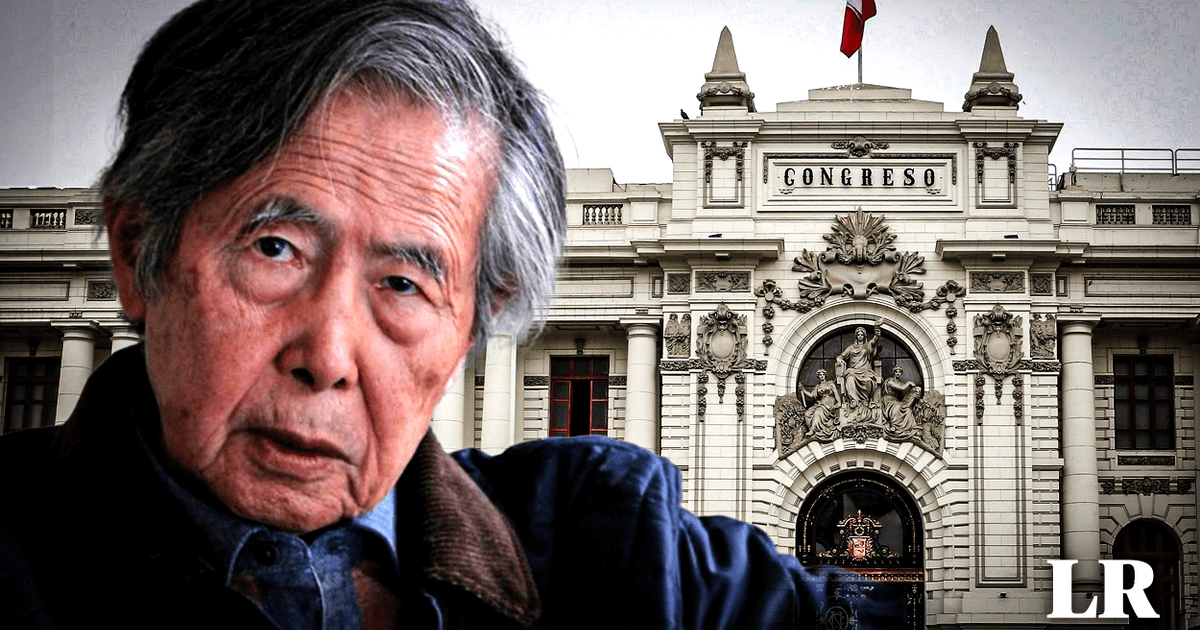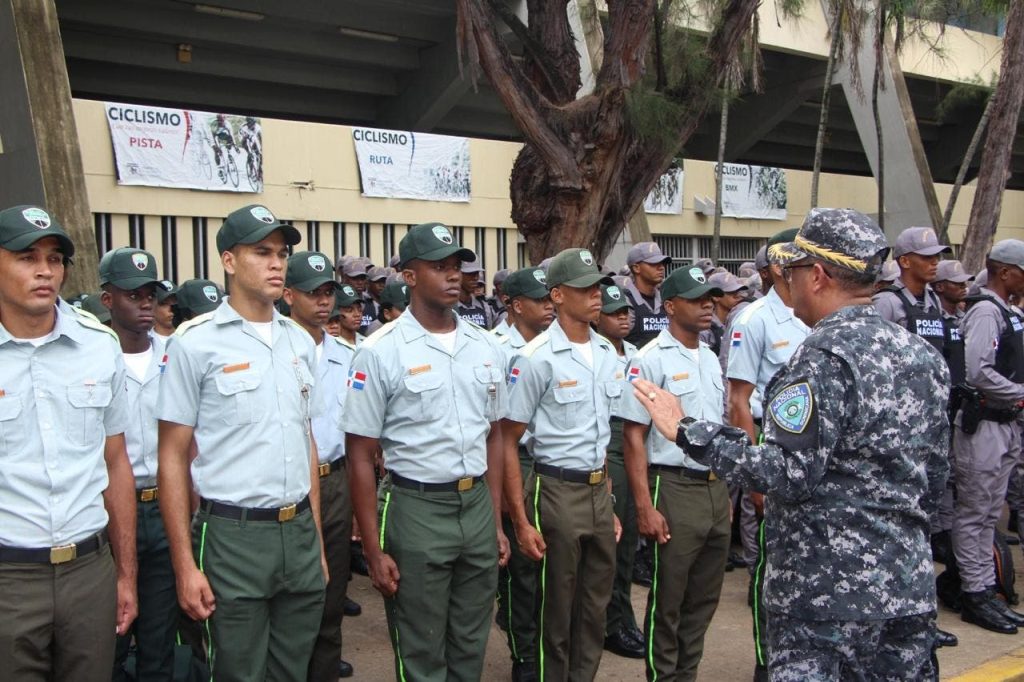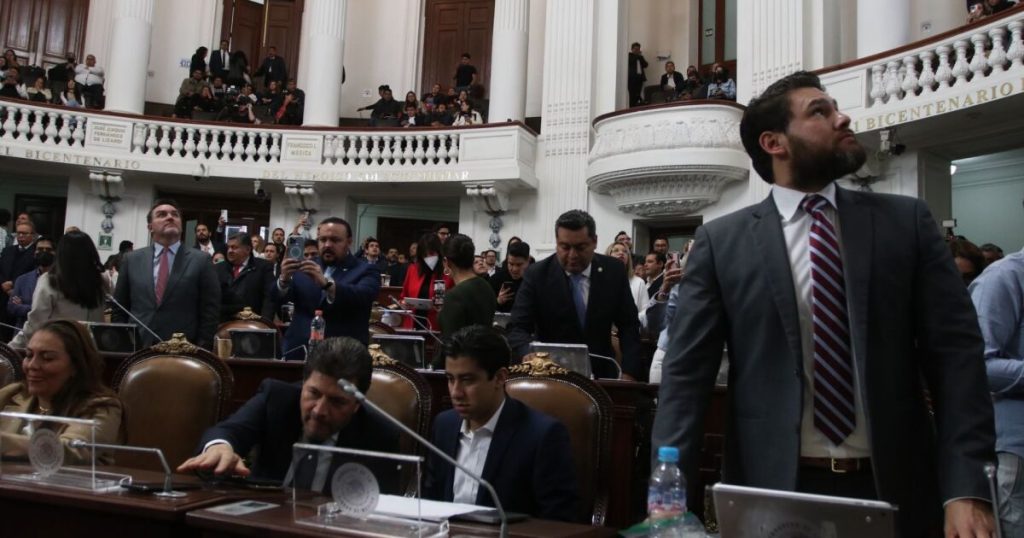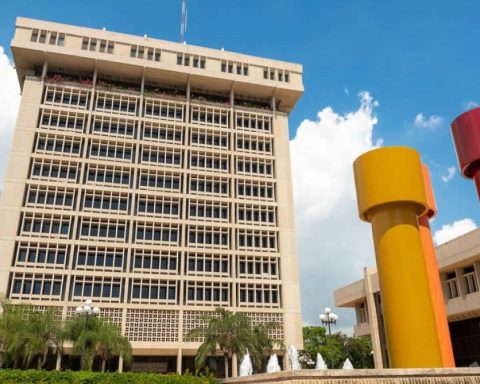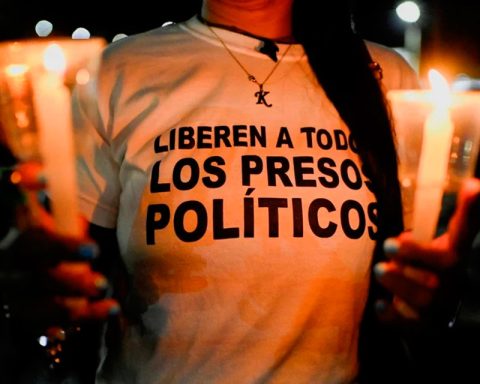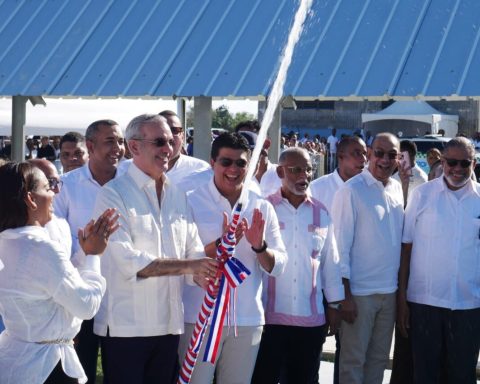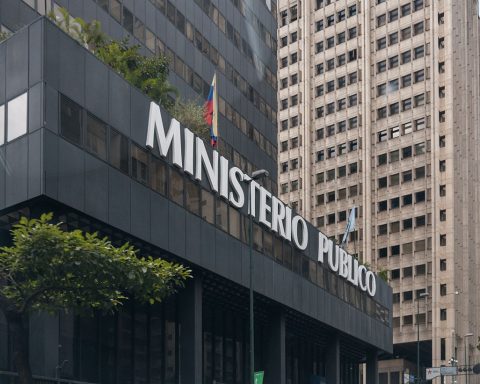He Congress of the republic approved granting the former president Alberto Fujimorisentenced for corruption, a pension estimated at more than S/15,000 for having governed the country from 1990 to 2000.
The decision has raised various questions, since less than a year ago, Fujimori was serving his sentence, imprisoned in the Barbadillo prison. Now, after leaving prison, the former dictator, in addition to recovering surprisingly, is preparing for his presidential candidacy and receive money from the State.
Fujimori’s lawyer, Elio Riera, said that he was the one who suggested that she apply for the pension, since he found no legal impediment to it being denied.
The lawyer’s argument is based on the fact that the constitutional complaint against the former president is not valid, so he can receive the monthly benefit.
“When I analyzed the law and was able to see that the limitation would be conditional on having a valid constitutional charge, it is easy to maintain that the former president does not have any as of today,” he said in an interview with RPP.
Elio Riera was the one who suggested Alberto Fujimori to apply for a lifetime pension. Photo: dissemination.
However, the Fujimori lawyer’s statements are not accurate, since one cannot speak of the validity of a constitutional accusation over a conviction.
Neither Alberto Fujimori nor Pedro Castillo should receive a pension
Criminal lawyer Benji Espinoza makes a clarification on the law granting a pension to a former presidentwhich was ironically approved by Alberto Fujimori.
Article 2 of the law establishes that former presidents cannot receive the benefit if they have a constitutional accusation; nowhere does it indicate that this must be in force
“Nowhere does the law say that the constitutional accusation has to be from the year in which the request for the pension; Please, that is nonsense. No, that is not the case. The clear issue is that the law says that if there is a constitutional accusation, the president cannot have the benefit of a vital pension, it is that simple,” he said.
The lawyer recalls that Fujimori has more than one constitutional charge and, although the law says that rights can be restored if he is acquitted in the first instance, this did not happen with the former president: “Fujimori has not been acquitted, he has been convicted.”
At another point, he explained that this contradiction of Congress could serve as antecedent to Pedro Castillo to reapply for a pension. However, he stressed that neither he nor Fujimori should be entitled to this benefit.
“I think that if Castillo gets it, he will get it because they made the mistake with Fujimori. But I think that Castillo doesn’t deserve it either,” he explained.
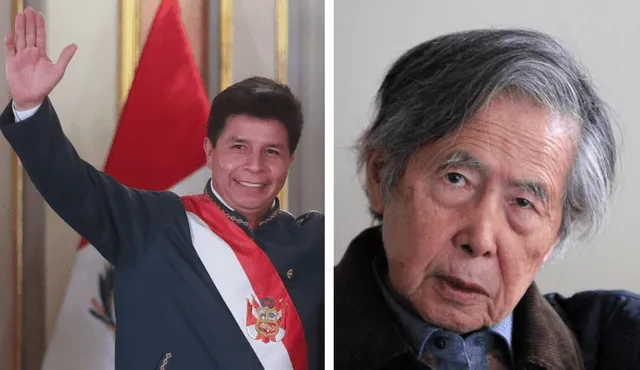
Congress rejected pension for Castillo Terrones. Photo: LR composition
Congress must not “squander” public resources on Fujimori’s pension.
Constitutional lawyer and former Chief of Staff of the Board of Directors, Alejandro Rospigliosi, questioned the decision of the Congress and requested the intervention of the comptroller and the Attorney General of the Nationsince public resources cannot be squandered on a pension for a former president.
“Here, it is the obligation of the Comptroller General of the Republic, newly in office, and of the Attorney General of the Nation to take control action and, subsequently, to denounce the officials who have had the audacity to approve this barbarity (…) But, in addition, any official who continues to deposit money into his bank account will be denounced,” he commented.
He also said that the Congress He is not “Santa Claus” and public resources should not be used to provide a pension to a former president: “Former presidents do not deserve to have public resources squandered in their name,” he said.
Additionally, he questions the rule for the amount assigned as a pension and wonders how much is the normal contribution that a worker should make to be able to receive a pension of more than S/15,000.
“How much should a worker have contributed in his younger years to receive a pension of S/15,600? Please, in Peru nobody receives that pension. That is unfair. In other countries they don’t give them, they are not going to spend public resources,” he questioned.
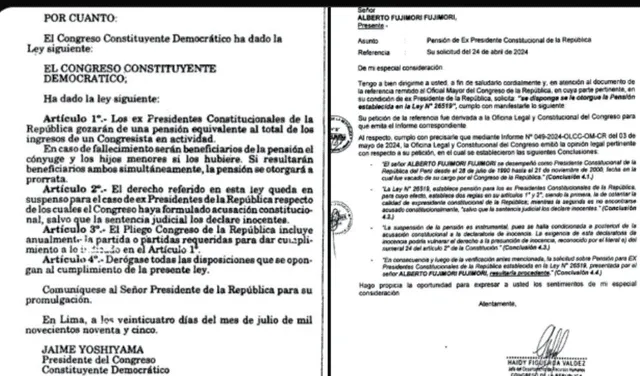
Standard promulgated by Alberto Fujimori.
You can’t reward a president who was a dictator
Former anti-corruption prosecutor Antonio Maldonado explains that Alberto Fujimori He lost the benefit of receiving a pension as a former president, since he broke the constitutional order with the self-coup of 1992 and became a dictator.
“Reality tells us that this man was constitutional president of the Republic, but he was not the victim of a coup d’état, but rather he himself brought about a coup d’état. So, the question is what message is Congress sending to the citizens by rewarding a person who was a dictator,” he warned.
On the argument used by the defense of Fujimori In order to apply for the benefit, Maldonado lamented that in Peru lawyers have become accustomed to “doing whatever they want” without any consequences.
“A lawyer does not have carte blanche to do whatever he wants. In fact, there is a deontological framework and an ethical framework that establishes that, among other things, the lawyer, in his defense, cannot distort the legal norm,” he added.
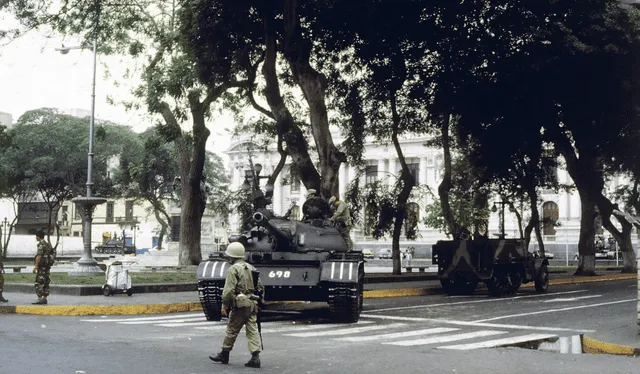
Self-coup of April 5, 1992. Photo: Andina
Pension to Fujimori: Legal or administrative issue?
The former senior official of Congress, José Cevasco Piedra, clarifies that the pension that was approved by an office of the Parliament It is a purely administrative issue and has nothing to do with political or legal decisions.
“It is a strictly administrative issue; the Board of Directors “It has nothing to do with it, because there is a regulation and legislation on the issue of granting pensions. What the Congress administration has to do is simply see if Mr. Fujimori’s pension request is within the law or outside the law. The Board of Directors cannot and does not have to intervene,” he stressed.
Cevasco clarified that the sentence of Alberto Fujimori It will not be erased, but with the pardon the rights will be restored, which rules out any kind of political interference in the decision.
“Of course, there is nothing political here, nothing, nothing, nothing of that sort. It is a purely administrative issue and a matter of recognition of rights,” he added.
